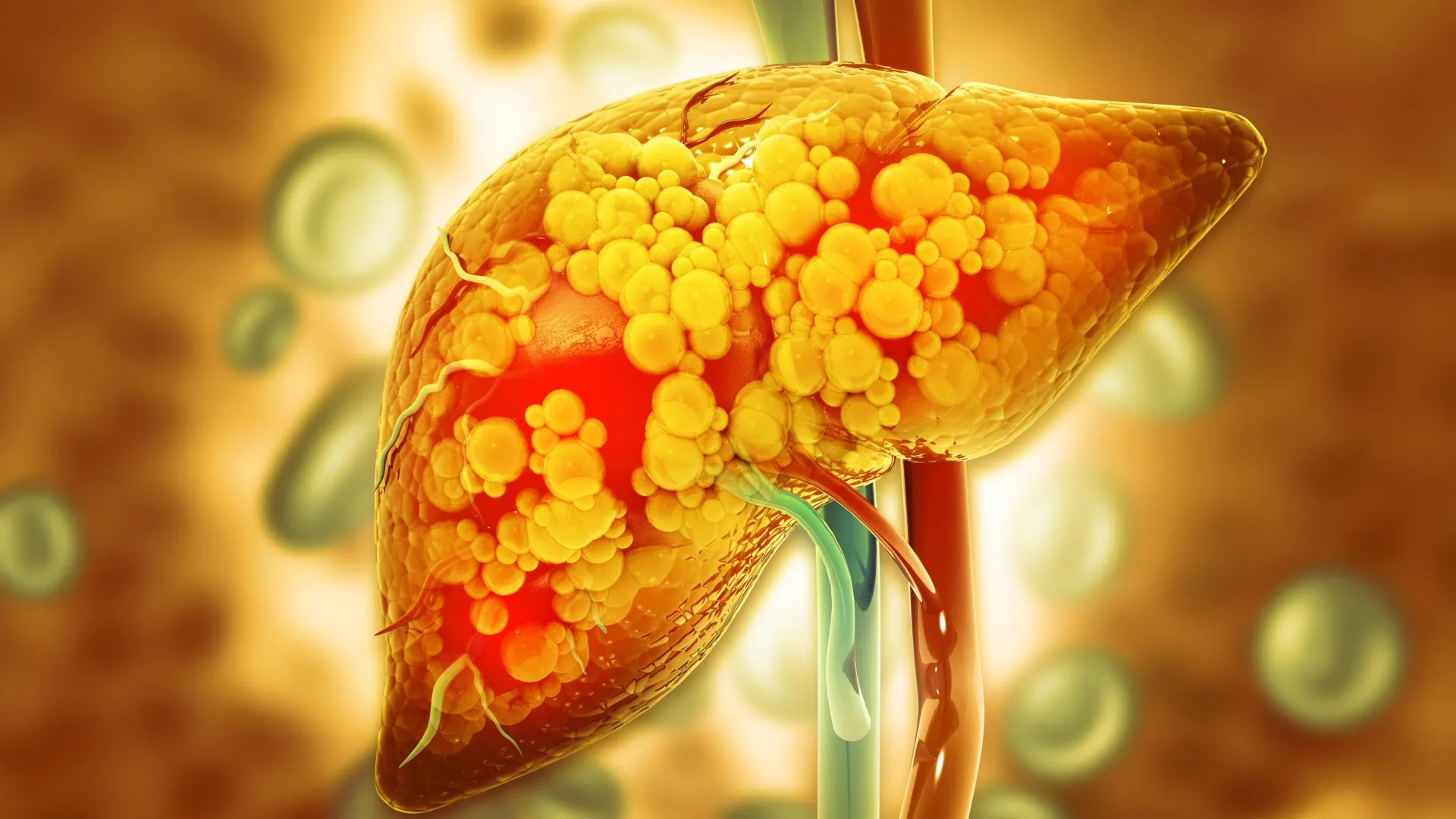A recent study indicates that cannabis use may lead to lasting epigenetic changes, affecting how genes are expressed without altering the DNA sequence itself. Researchers analyzed data from a long-term health study involving over 1,000 adults, revealing numerous DNA methylation markers associated with both recent and cumulative cannabis use. These findings underscore the potential long-term impacts of cannabis on health and suggest a need for further investigation.
The research, published in 2023, highlights the intricacies of epigenetics, which involves chemical modifications that can activate or deactivate genes. This process acts like switches, influencing how our bodies function without changing the underlying genetic code. Researchers validated their findings through a systematic literature review, reinforcing the observations made during the study.
To explore this phenomenon, the research team meticulously examined data from a health study that tracked approximately 1,000 adults over two decades. Participants, aged between 18 and 30 when the study began, were regularly surveyed about their cannabis use. Blood samples were collected at both the 15-year and 20-year marks, enabling a comprehensive analysis of potential epigenetic changes over time.
This longitudinal approach provided valuable insights into the correlation between cannabis use patterns and specific epigenetic modifications. The study focused on various epigenetic factors, which can arise from genetic and environmental influences. These factors can recruit methyl groups, resulting in DNA methylation, a process that alters gene expression without modifying the genomic sequence.
At the 15-year mark, the analysis revealed 22 DNA methylation markers associated with recent cannabis use and 31 linked to cumulative use. In samples collected at the 20-year point, researchers identified a significant increase, with 132 markers associated with recent use and 16 linked to cumulative use. These findings suggest that the longer the duration of cannabis use, the more pronounced the epigenetic modifications.
The consistent observation of these changes points to a potential relationship between cannabis use and alterations in gene expression. This research opens avenues for deeper investigations into how these changes may influence individual health trajectories and their potential long-term consequences.
The findings emphasize the complex interactions between cannabis, the epigenome, and overall well-being. They lay the groundwork for future studies aimed at pinpointing how cannabis consumption contributes to epigenetic modifications. Such research could clarify the mechanistic link between cannabis use and these changes, leading to a better understanding of their implications for health.
Moreover, the study calls for developing strategies to reverse or mitigate any adverse effects associated with epigenetic modifications. The insights gained regarding DNA methylation impact could significantly inform public health policies, especially concerning the potential influence of cannabis on individual health outcomes.
In conclusion, this study provides a pivotal look into the lasting effects of cannabis use on gene expression, suggesting that the implications for health are profound and warrant further exploration.







